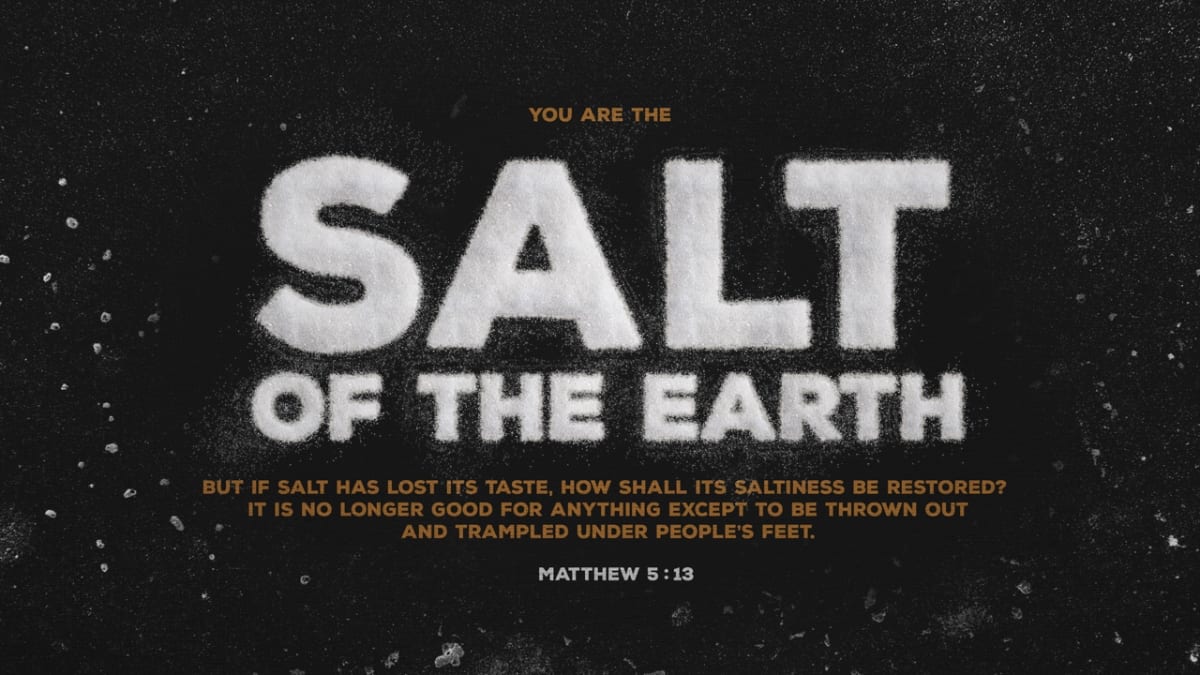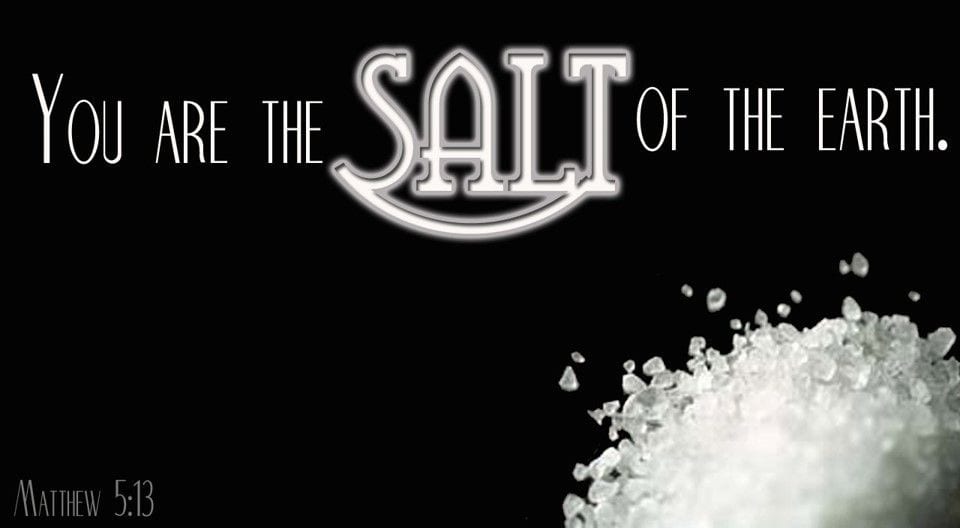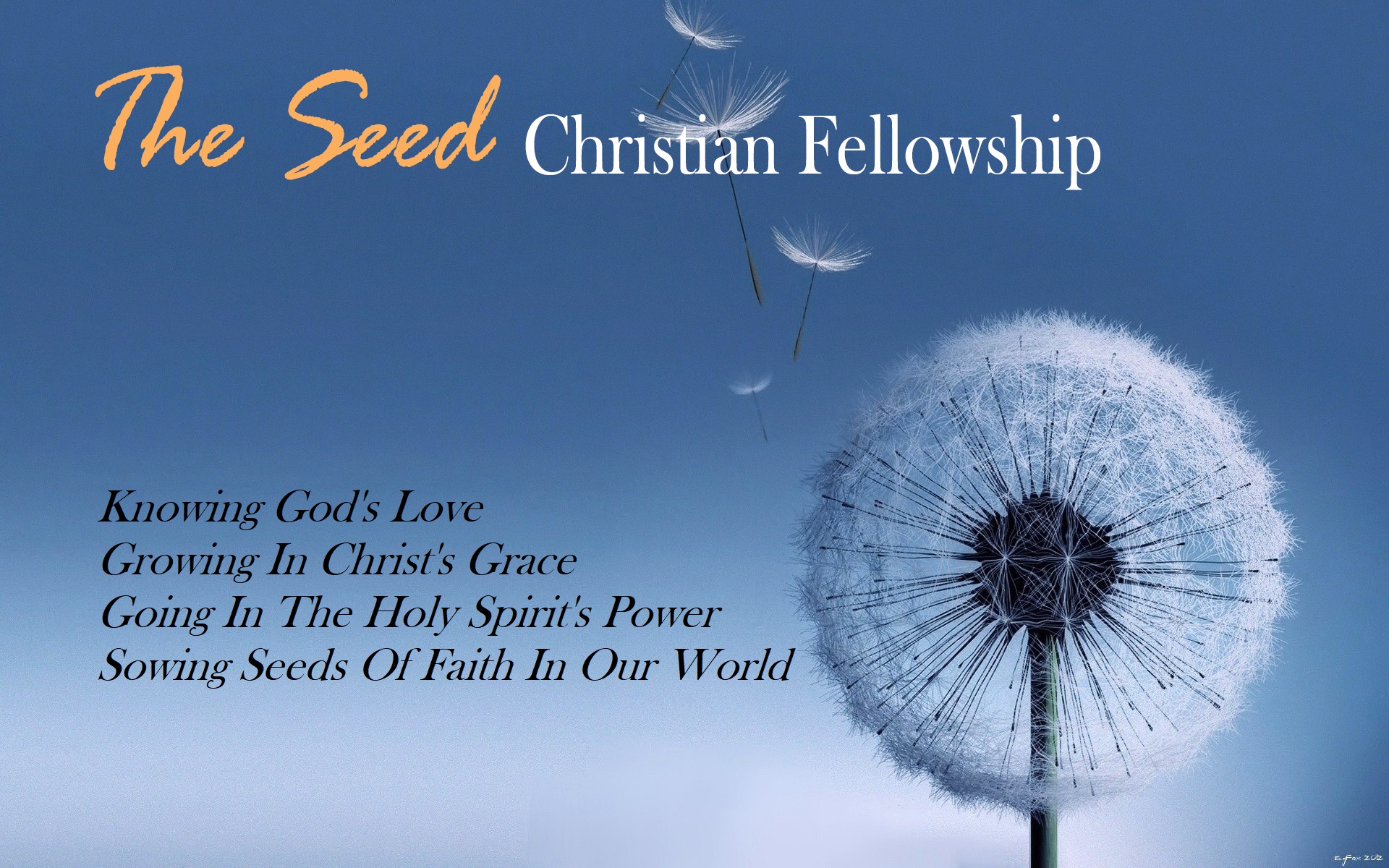Romans 14:19-23 Pursue Mutual Benefit

In verses 19-20 Paul reiterates much of what has been already said, but also introduces the idea that we are to pursue the benefit of others in the exercise of our Christian liberty. In the exercise of our freedom, we must always ask ourselves if what we are doing is building up others, especially those younger and less experienced in the faith. If we cannot answer in the affirmative, we must refrain. Paul concludes in verse 21, “It is good not to eat meat or drink wine or do anything that causes your brother to stumble.” This is a fine summary statement and even finer if we translate the word “good” in its root sense of “beautiful”: “It is beautiful not to eat meat or drink wine or to do anything else that will cause your brother to stumble.”
Such behavior or thought is beautiful because it shows there is love among the brethren. It is beautiful because arrogance is gone. It is beautiful because it is unselfish. It is beautiful because it means one has a finely tuned sense of spiritual proportion, recognizing secondary issues for what they are. It is especially beautiful because it puts others first.
During the war when vessels had to be convoyed across the Atlantic because of the U-boats, all ships had to proceed at the speed of the slowest ship. This is something of what Paul has in mind here. The strong brother could stride ahead, but his love will not permit it. The shepherd must pace the flock to accommodate the weakest lamb. The Christian must regulate his freedom to take into account the feeble conscience of a weaker brother or sister. We must actively pursue those things that make for peace and mutual building up of one another. This is never easy, but it is the way of love.
What else must we do to insure unity? Paul gives advice to the strong regarding the use of his conscience in verse 22 and advice to the weak in respect to his conscience in verse 23. First, the advice to the strong: The faith that you have, keep between yourself and God. Blessed is the one who has no reason to pass judgment on himself for what he approves (v. 22). Paul is saying, what you believe about neutral things is between you and God. Keep it that way. Moreover, you are a happy (blessed) person if in exercising your liberty you do not condemn yourself by harming another. You are blessed if your exercise of freedom is free from doubt. You are blessed if no one is being scandalized and led toward sin by you. You are blessed because you feel God’s pleasure.
Secondly, Paul gives advice to the weak: But whoever has doubts is condemned if he eats, because the eating is not from faith. For whatever does not proceed from faith is sin (v. 23). Conscience is not an infallible guide, but it is wrong to go against one’s own conscience. We ought to never sin against our conscience, no matter who pressures us to do so.
The apostle Paul has detailed four “do’s” if we are to build unity amidst our diversity. First, we must determine never to be a source of stumbling. Second, we must live as citizens of the Kingdom of God, concentrating on the eternals rather than the externals. Third, we must actively pursue that which benefits other believers. Fourth, we must do all that we do with a clear conscience. We are a diverse lot – there is no doubt about that. Diversity is one of the glories of the community of Christ. But our unity is supremely glorious. Let us seek to enhance it with all that we are!
Romans 14:19-23 Study Questions:
What are some issues that cause division in the church at large? Are these issues in your own church as well? How might these be handled better?
Why is the stronger believer responsible to change his or her behavior so as not to offend the weaker brother or sister?
What would help us turn our focus to justice, peace and joy?
Why is it difficult to suppress our own point of view in order to help those who are weaker in the faith?
Sit in silence and ask God to show you how you have piled snow on another person’s path. Spend a few minutes praying silent prayers of confession over the things that God brings to mind.



